Football vs Boxing
Is it harder to train for a ferocious 90 minutes in the Premier League or 12 rounds of fist pounding pugilism? FFT never cut it at either discipline so we spoke to footballer turned boxer, Leon McKenzie, to find out
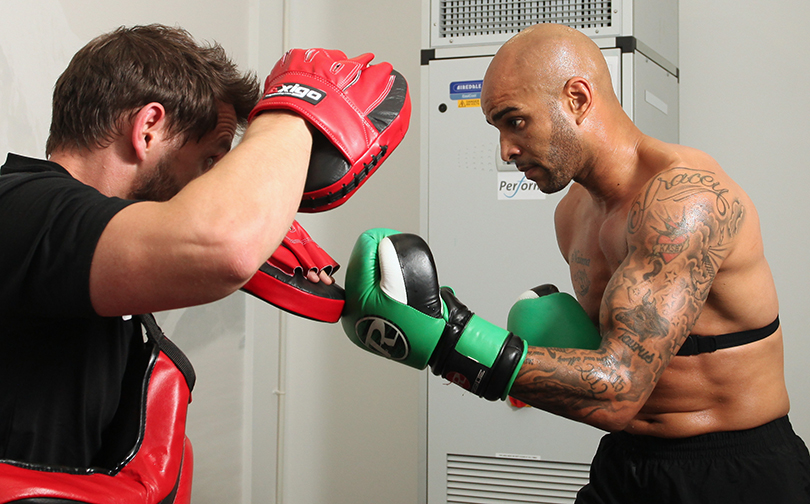
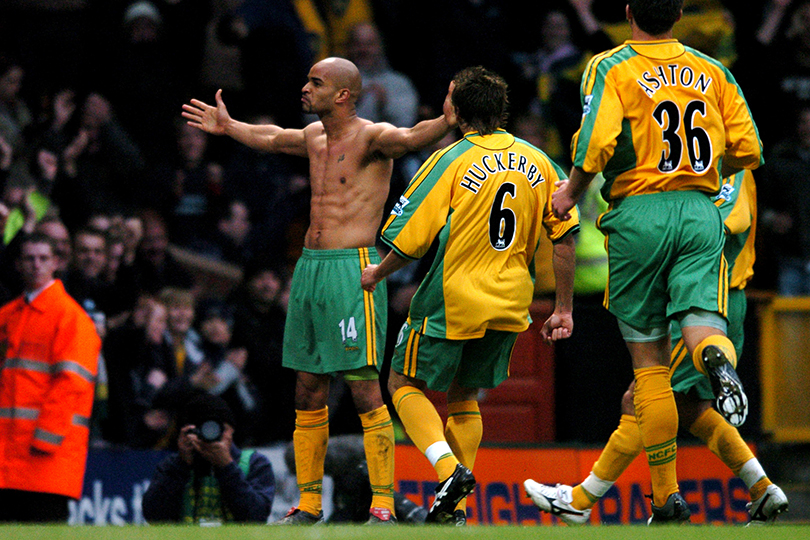
STAMINA
Boxing: To fight you’ve got to be able to slug it out for 10-12 three minute rounds – throwing punches, taking shots and moving forward. You have a minute to recover between each round, allowing your heart rate to come down – then you’ve got to go back out and do it again. If you put a fit footballer into a boxing ring they wouldn’t last two rounds. You can be clever in the ring, but when you're tired you still have to work and there aren’t too many places you can hide.
Football: I don’t play much anymore, only in the odd charity game, but when I do I’m like, ‘Ooooo, I know I’m fit, but not football fit.’ That said, there are ways of looking after yourself when you’re tired on the pitch. You can pass the ball and rest. You don't have to run everywhere, you can be clever about it.
Round 1: There’s boxing fit and there’s football fit. Both are tough, but boxing wins hands down.
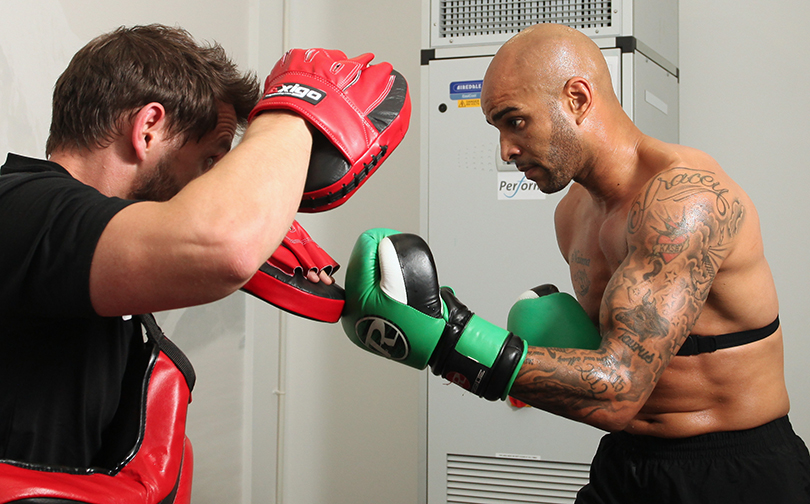
POWER
Boxing: There are a lot of differences between power training for boxing and power training for football. Personally I don't lift loads of weights, but some boxers do. I get my power from throwing punches, hitting a heavy bag, sparring and doing specific core work. You also get your power from your legs so you want to make sure they’re strong. If they’re loaded with power you can generate force from the bottom up. If you tense up when you throw a big punch you'll find it more exhausting. If you're relaxed and throwing with technique and speed you won't lose as much energy.
Football: As a footballer you do a lot of deadlifts, squats, lunges and plyometrics to build power in your legs.
Get FourFourTwo Newsletter
The best features, fun and footballing quizzes, straight to your inbox every week.
Round 2: To throw knockout punches boxers need a body fully loaded with power – whacking a few balls into the back of the net is lot more fun than whacking a heavy bag. Boxing takes the second round.
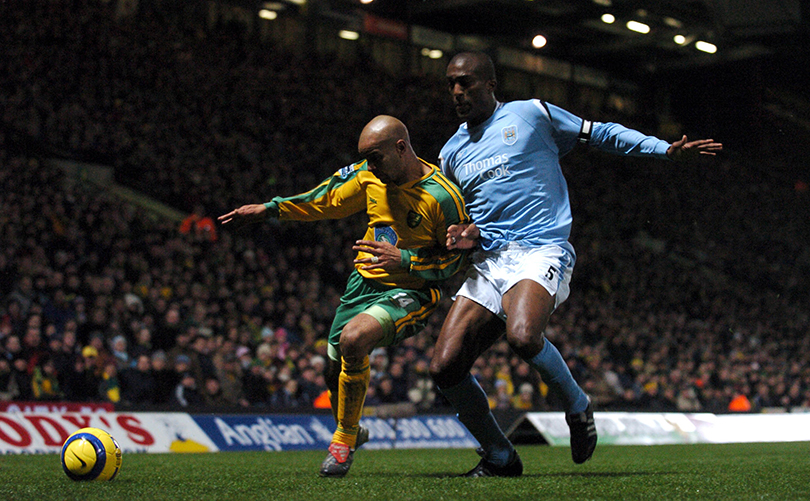
AGILITY
Boxing: I use some of the agility drills I used during my time as a footballer to help me warm up for a fight. It helps to keep me sharp. Footwork and agility is very important to boxing – once you master the technique you’re able to relax when you throw punches, rather than tense up.
Football: Ladder and hurdle drills are great for improving your footwork for football. I also used to do a lot of short, sharp, explosive sprints, which would involve twisting, turning, accelerating and decelerating.
Round 3: Football was on the ropes, but it’s back in the fight after winning a round with some fancy footwork.
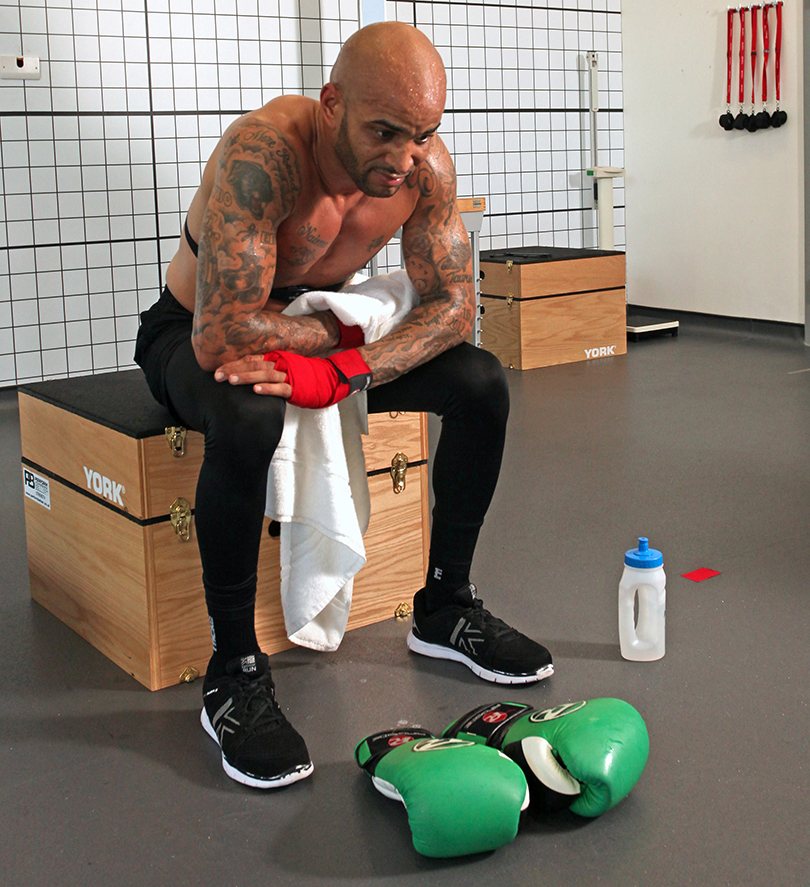
SPEED
Boxing: For football you're fully focused on running at speed, but for boxing you need fast feet to move around the ring and fast hands to hit your opponent. When I’m training for a fight I’ll be hitting a heavy bag flat out for 10 seconds – tap, tap, tap, tap, tap – then I’ll jog on the spot. I'll do this for three minutes and then I’ll get into the ring and work on power punching. I have to relax in-between sets, but I hit harder when I’m relaxed. That’s speed, endurance and power rolled into one session.
Football: There are different elements to being fast for football, but if you lift weights, incorporate plyometric drills and do a bit of hill training you’ll boost your acceleration and deceleration and your top speed. You obviously need to be fast with the ball at your feet as well – dribbling drills at game speed will help with this. Some players work on their running technique with a sprint coach to ensure they’re quicker to the loose ball.
Round 4: Speed kills, both in the ring and out on the pitch. It’s a close call, but running full throttle with a ball at your feet is a unique skill. We’re giving this round to football.
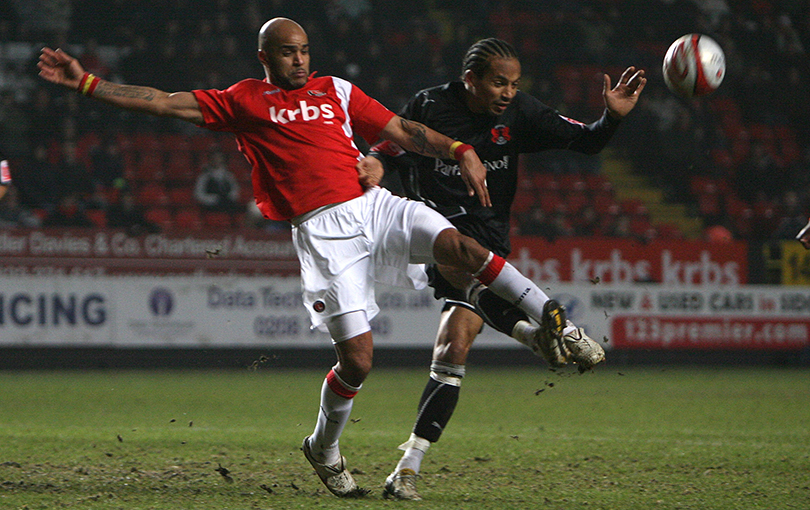
DIET
Boxing: The diets can be pretty similar, but you have to cut weight for boxing and that can be very tough. Thankfully, I don't struggle with it too much because I’ve been around it since the age of seven. Boxing is in my blood – my dad, who is my trainer and cornerman, is a former British and European light-welterweight champion. And my uncle is Britain's only modern three-weight world champion.
Football: The club would provide all your food for you – pre-match, post-match and at training. You just had to stick to that to make sure your body was well fuelled and able to recover. The challenge was sticking to the right diet when you were left to your own device. That comes down to discipline.
Round 5: Depriving your body of food and drink is torture. Boxing regains dominance with a convincing round.
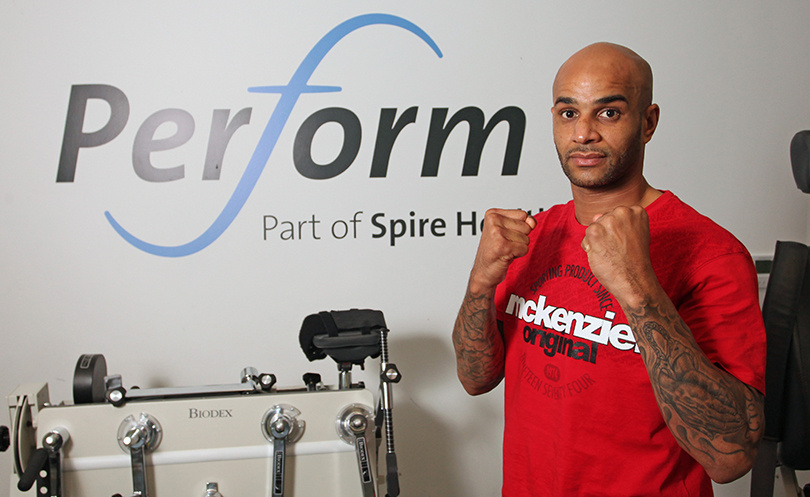
PSYCHOLOGY
Boxing: Boxing is a lonely sport. You're on your own in the ring. You have to step forward and take punches. You have one minute rest between each round to gather yourself and go again. You need real mental resilience.
Football: You can make mistakes in a football match pretty regularly, but you have your team-mates out there helping you. If you’re tired and need a breather they can cover for you. There’s nowhere to hide in the ring. You have to be able to cope with the crowd and the spotlight in football – a lot gets said about you in the media and you need to be mentally strong to deal with it.
Round 6: The ring is unforgiving. It takes a brave person to step in there for 12 rounds of punishment with only their fists and their spirit to help them survive. Footballers take a lot of stick, but they have their team-mates to rally round them. Boxing takes the final round.
THE WINNER… by unanimous decision and… STILL the toughest sport on the planet…. BOXING! Sorry football, we still love you.
Leon McKenzie has been using the world class sports science and training facility at Perform St. George's Park ahead of his upcoming fight, for more information go to www.spireperform.com
